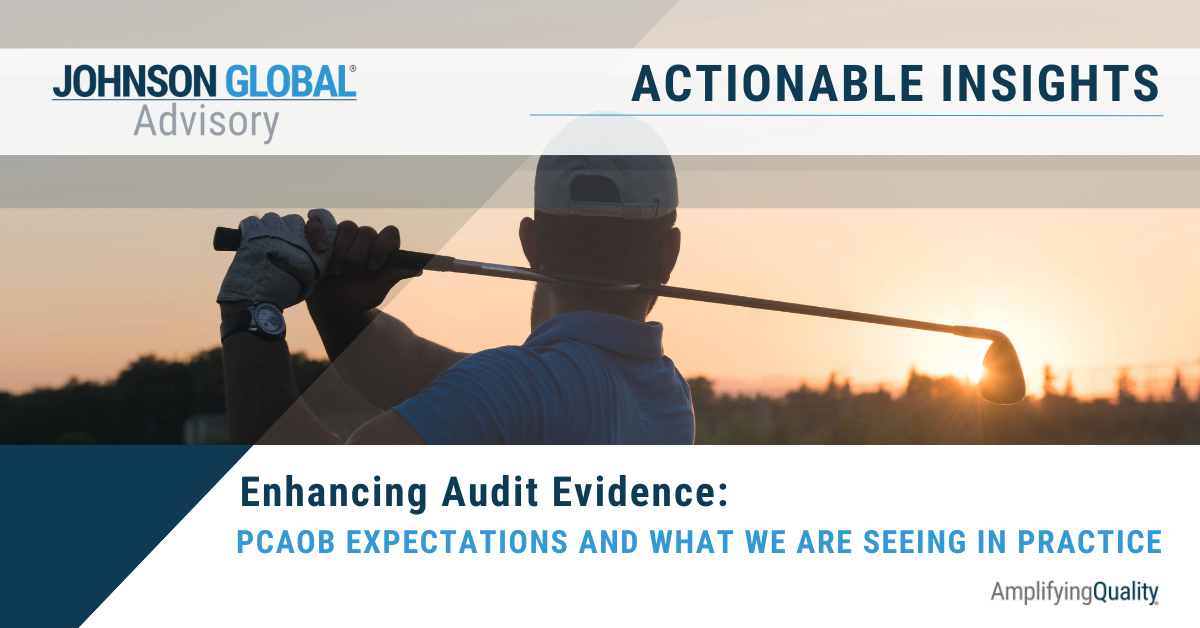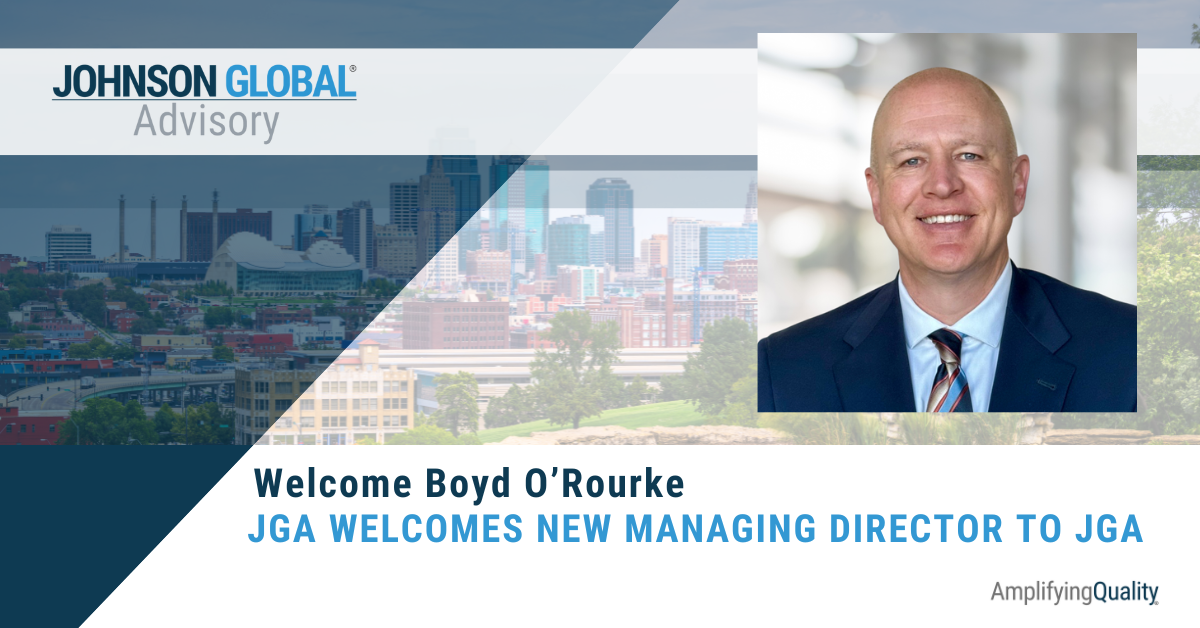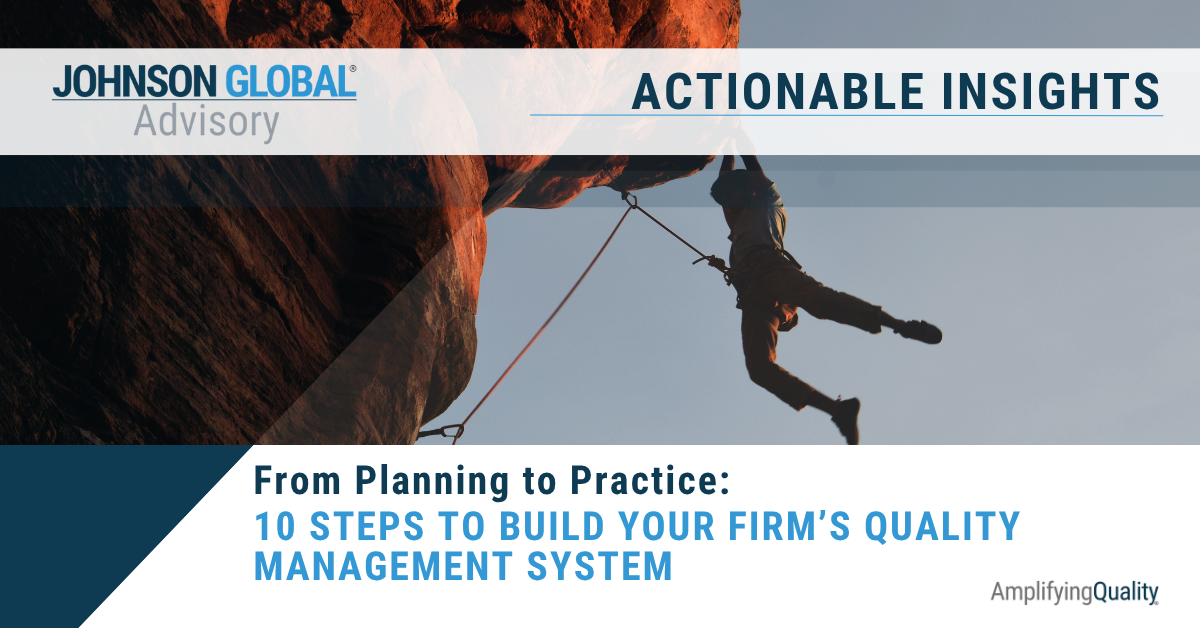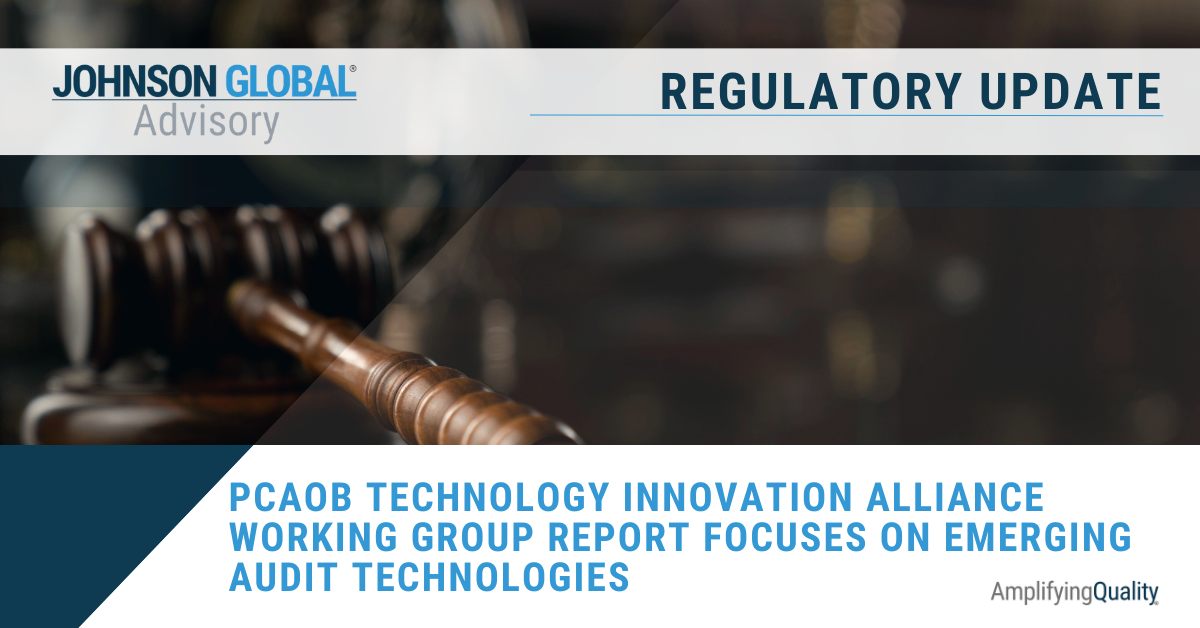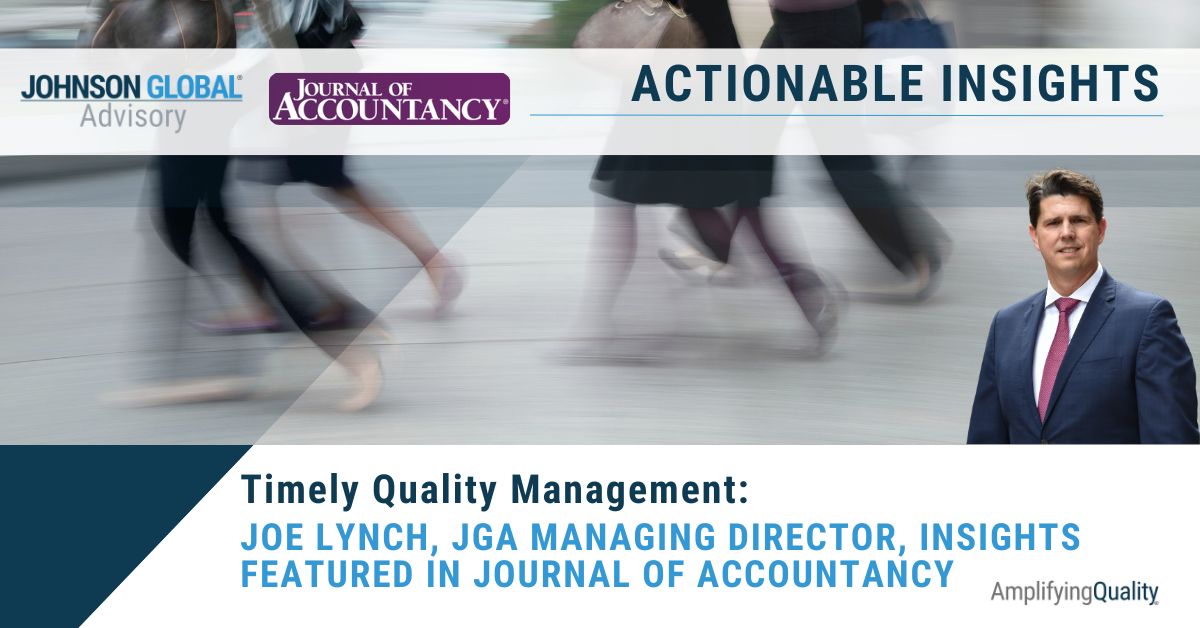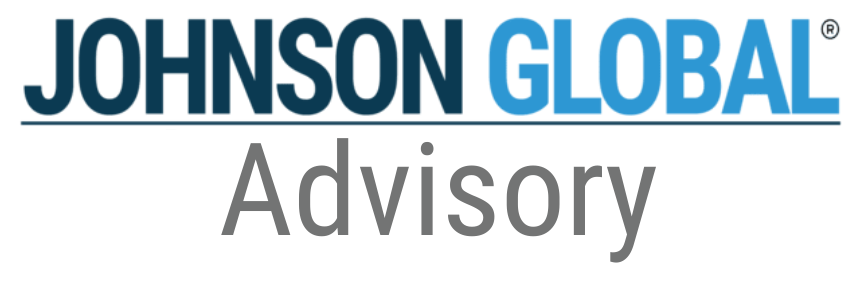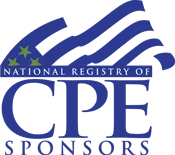DÉJÀ-VU: Bank Failures & Audit Quality Risks

For anyone who lived through the 2008 global financial crisis, the recent banking headlines feel like déjà-vu. As Shakespeare said, the past is prologue, and sure enough, we are seeing multiple banks like Signature Bank and Silicon Valley Bank (“SVB”) collapse. There will undoubtedly be robust root cause analyses and in-depth regulatory investigations, but the common issue facing banks right now is the significant increase in interest rates.
As interest rates rise, the value of fixed income securities tends to fall. Conceptually, a 15-year bond issued in 2020 when interest rates were rock bottom will lose value as interest rates rise. The reason being, in the current market, investors can purchase a 15-years bond with today’s higher interest rates, meaning, that the same bond issued in 2020 with lower interest rates is worth less today and would sell at a discount on the open market.
That’s great, but what does this have to do with banks? Well, banks take deposits from customers and invest the cash according to various risk considerations; many of these investments are in more stable fixed income securities. Even if a bank held US treasuries, arguably the most risk-averse investment, given the significant rise in interest rates over the past couple years, these fixed income portfolios have lost value. If the securities are held to maturity, the bank will receive 100% of the principal, so from a long-term perspective, the bank is fine. However, in the short term, if customers lose confidence in the bank and there is a run, the bank would ultimately become insolvent because it would not recover the face value of the lower-interest-rate bonds in today’s high-interest-rate market. Thus, as was the case with SVB, once there was a run on the bank, it had to shut down within hours.
There will be more detailed accounts to follow, but let’s take a moment and reflect on the rise in interest rates and the threat facing many banks. From the 1980’s through the 2008 global financial crisis and even further through the pandemic, we’ve been living in a declining interest-rate environment. For young auditors, this may be the first time they’ve seen rising interest rates. So, what are the relevant audit considerations for a bank engagement? And what are the possible audit concerns for all other companies and industries?
Banking Engagements
Going Concern
Financial statements are predicated on the concept of going concern, that an entity can continue operating for at least another twelve months from the date of auditor’s report. For context, SVB’s financial statements were issued on February 24, 2023. Two weeks later, on March 10, 2023, the bank was closed. There was no explanatory paragraph or emphasis of matter and no critical audit matter (CAM) disclosed in the auditor’s report, and yet, all it took was two weeks. In this case, one might conclude there was no going concern discussion either because the bank’s liquidity was strong, or the watch dog was too weak to bark.
As teams consider the going concern assumption, we encourage you to engage in dialogue with management and really challenge management’s assertions.
- Look at the bank’s liquidity. Look at the investment portfolio mix. Deposits, by their very nature, tend to be short-term liabilities. What is the bank’s mix of short-term and long-term bonds? Short term bonds (because they tie up money for less time) are impacted less by interest rate hikes compared to long term bonds.
- Review management’s asset and liability stress tests. What happens if there is a decrease in valuation of investments and an increased demand for deposits? If management doesn’t perform stress tests, first consider the impact on internal controls and then consider performing your own stress tests.
- Ask management how it intends to weather the current rising interest rate environment. Given higher borrowing costs, many customers will likely try to use cash, pulling from deposits, in lieu of borrowing. How is management hedging this risk? Because inquiry alone is never enough, corroborate management’s assertions.
- Consider analysts ratings and external information about the bank. While external information may be biased, it can have a significant impact on credibility and confidence in the bank. All banks have capital reserves and some liquid cash to offset returns of deposits, but a mass run on a bank (typically due to lack of confidence) can bankrupt the bank. Analysts have a lot of power over confidence in a company.
- Consider the bank’s exposure to any other banks and/or credit institutions.
Valuation
Rising interest rates also impact valuations. Let’s take a look at some of the more prevalent concerns:
- Investments – Equities and Fixed Income: As we’ve all seen, the equity market took a hit last year and has been slow to recover. As well, the rising interest rates have taken a hit on the value of fixed income securities. Essentially, investments are down right now. Audit teams will need to evaluate whether the decreased valuations are indicative of other-than-temporary-impairment (OTTI). Considering there is no current interest rate relief planned (in fact, the Fed continues to raise interest rates in light of bank failures), there are strong indicators of potential impairment. What seemingly used to be “just a disclosure”, OTTI related disclosures have now become very sensitive information used to assess how much of the bank’s investments are under-water and for how long. This begs a question that engagement teams should also consider: classification of investments as held-to-maturity. For many banks, this may no longer be an option; again, what are management’s intentions and more importantly can banks hold onto under-water investments long enough to withstand customers’ demands to withdraw cash?
- Investments – Derivatives: Engagement teams should pay particular attention to the valuation of derivatives that incorporate interest rates. Bank failures and overall monetary tightening have introduced new credit risks which could impact the effectiveness of any number of derivatives. Wall Street has created derivatives for everything, so be sure to read the fine print in every contract and understand the inputs into the valuations. While the unrealized positions for derivatives may appear immaterial at times, don’t underestimate the notional value which can be many times the unrealized position and presents real risk if triggers linked to interest rates are met.
- Impairment – Goodwill and Intangibles: With increased interest rates comes increased discount rates which brings lower net present values for any discounted cash flow projection. Thus, the risk of impairment for goodwill and intangible assets has increased by default. Given the drastic increases in just over a year, large cushions enjoyed in recent years may easily disappear within a year (or less). Add in the uncertainty in the markets with high inflation rates and the “looming” recession expectations, engagement teams need to really dig into accounting estimates, understand the methods and changes from prior year, validate the data and challenge assumptions. Again, what is management doing to understand and evaluate the sensitivity of significant assumptions?
Allowance for Credit Losses
The most challenging part of any bank audit is the allowance for credit losses (ACL). This is commonly cited as a critical audit matter and is one of the most common findings on PCAOB inspections. While an interest rate increase does not directly correlate to an increase in the ACL, the general economic environment contributing to the increased rates has a direct impact.
In KPMG’s CAM on the ACL in SVB, one of its audit procedures included “evaluating the historical observation period, focusing on the relevance of the full economic cycle relative to the Company’s current portfolio.” What does “full economic cycle” mean in today’s environment? For context, it has been approximately 15 years since the last financial crisis. Interest rates dropped and though there was some recovery pre-pandemic, interest rates remained low and bottomed out during the pandemic. While banks use lookback reviews to develop models for the ACL, most models have no recent, relevant data for the current economic environment: high inflation, rising interest rates, quantitative tightening and significant economic uncertainty.
Though auditing an estimate doesn’t change in light of the economic environment, engagement teams should increase their professional skepticism and seek to understand (and challenge) how management identifies potential credit concerns amongst its loan portfolios. Dig into the assumptions and understand what has changed in the model year over year. Considering many models may not have the most relevant historical data, what adjustments have been made to qualitative factors to adjust for the current economic conditions? Or if there were no changes, is that appropriate?
Communication and Disclosures
As banks prepare financial statements, consider the sufficiency of risk disclosures. SVB had a significant concentration of customers in the venture capital industry. Are customer concentrations appropriately disclosed? Based on the disclosures, ask management how it hedges these risks?
In addition to disclosures, consider also the need for communication with the audit committee. If there is significant doubt about an entity’s ability to continue as a going concern, this should be discussed with the audit committee, and potentially, also be a CAM or included in an explanatory paragraph in the auditor’s report. And do not forget about communications from banking supervisors and regulators, both Federal and State. These regulatory findings may indicate potential troubles in bank’s liquidity management.
All Other Engagements
While banks are currently the most at-risk for rising interest rates, all companies are impacted by both the rise in interest rates as well as the potential bank failures.
Going Concern
Similar to banks, many other companies will need to consider the potential risk to going concern. For companies with large cash positions, what would be the impact on going concern if that cash was no longer available? Inflation, rising interest rates, and a looming recession will impact future revenue growth and increase borrowing costs. What is management doing to mitigate liquidity concerns? What do the stress tests demonstrate?
Valuation
Most companies will be impacted by many of the same considerations on valuation, as discussed above. However, certain industries will have greater risks and/or concerns. For instance, insurance companies use insurance premiums to invest in alternative funds; many of these funds are impacted by the rising interest rates and the depressed market. For any company with significant leases, rising interest rates mean rising incremental borrowing costs which will impact lease valuation.
Debt Covenants
Rising interest rates often impact balance sheets unexpectedly which in turn can trigger unforeseen non-compliance with debt covenants. Teams should be sure to fully understand all terms and conditions pertaining to debt covenants. If a covenant is breached, inquire with management how it is proceeding with the creditor and then corroborate it. If the bank agrees to waive non-compliance, what evidence is there from the bank to support this assertion? How long will the bank waive the non-compliance? A waiver for one quarter may mean the company is okay at year-end, but failure to indicate future waiver could directly jeopardize the going concern assumption, depending on the amount of debt. Considering that banks/creditors rarely provide waivers, what other means of survival does the entity have?
Communication and Disclosures
Similar to banks, non-banking companies need to review risk disclosures. Engagement teams should specifically consider various credit risk disclosures such as cash positions over the FDIC insurance limits and concentrations in banks. And similar to banks, consider any appropriate audit committee communications and potential CAMs to be included in the audit report.
SVB was unexpected and then shortly after, we had another episode of déjà-vu when Credit Suisse made headlines, being given a lifeline by the Swiss regulators before being bought by UBS. And despite the risks facing the banking industry, the Federal Reserve still increased rates in March, albeit only 25 basis points (bps), as opposed to the anticipated 50 bps. The point is, we’re not through the thick of it yet. The risks are real and as auditors who perform risk-based audits, we need to ensure we understand how the current environment is impacting our clients, their customers and their creditors. Everything is more interconnected than we might imagine, so take time to thoroughly evaluate the risks and design appropriate audit procedures to address those risks, which might also include expanding explanatory paragraphs or including an emphasis of matter in the auditors’ report.
Key Takeaways
- Going concern is key to financial statements. Thoroughly evaluate the going concern assertion. Understand management’s plans and intentions and corroborate the critical factors that support its assertion, including performing stress tests to identify potential risks.
- The current economic environment is uncertain. Higher interest rates directly impact fixed income securities as well as any fair value derived through discounted cash flows (i.e. impairment analyses, leases, etc.). The current economic uncertainty is also making it difficult to forecast cash flow projections; be sure to understand the method/model, validate the relevance and reliability and/or completeness and accuracy of data used and challenge (and obtain support for) the reasonableness of assumptions.
- The ACL is already difficult to audit, but with so much uncertainty and considering that most historical data does not reflect the current economic environment, engagement teams need to critically evaluate the current year assumptions and understand how qualitative factors are being adjusted to account for changes in the macro-economy.
- Communicate appropriately with the audit committee and management, as necessary and/or required under the auditing standards. This is an unprecedented time for many auditors and many in management, so talk it out and ensure collective understanding of the risks, the appropriate audit procedures, and any pertinent (or required) disclosures in the financial statements.
- It’s always a good time to remind teams about the importance of increased professional skepticism. Ask yourself: who is my client? A bank? Its investors? Deposit holders? And let’s keep our names out of the headlines; we don’t want to be the “watchdog that didn’t bark.”
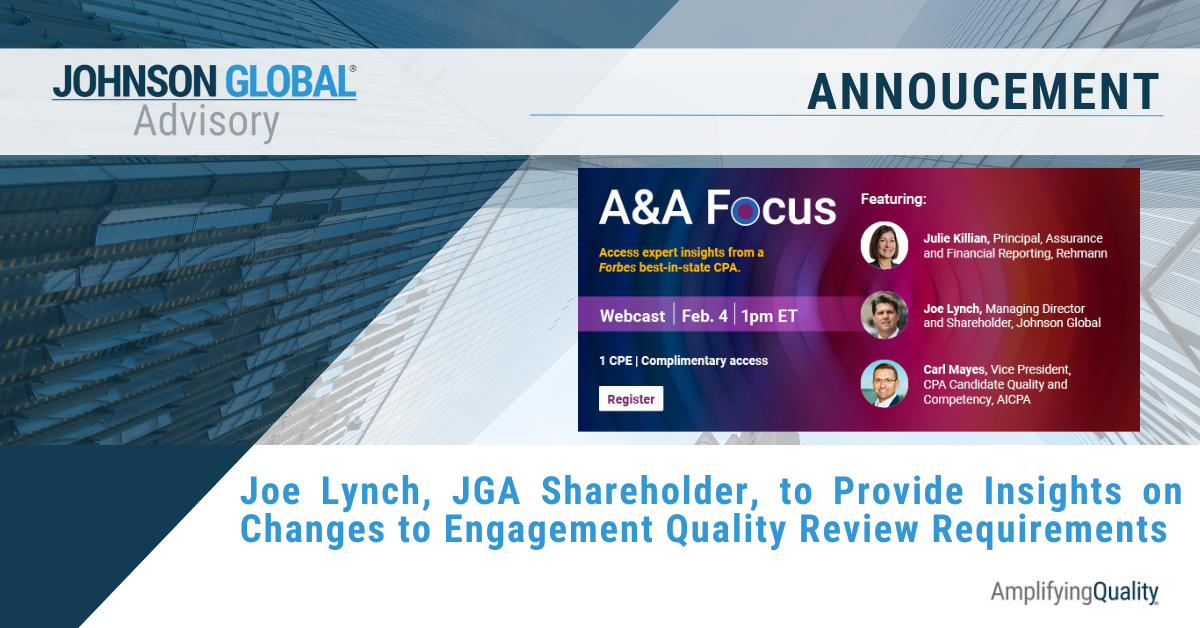
Joe Lynch, JGA Shareholder, to Provide Insights on Changes to Engagement Quality Review Requirements


